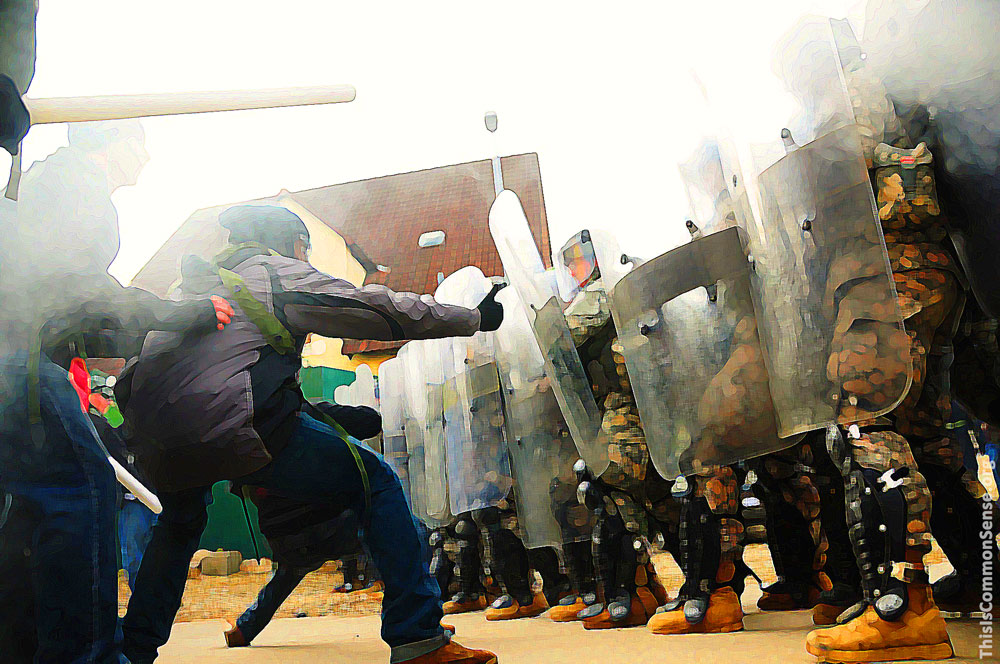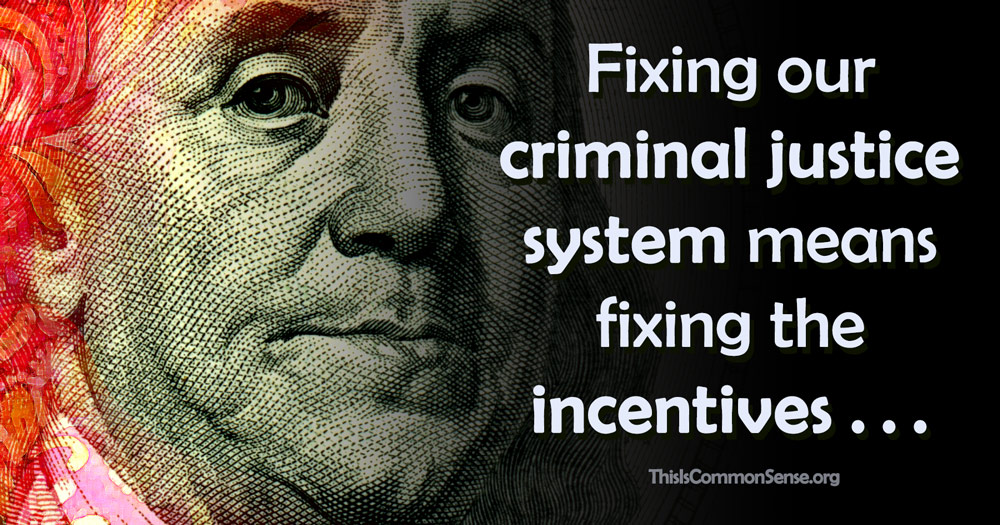Raise a long-stemmed glass to the wineries of Minnesota. And to the Institute for Justice, which fought for their rights in court.
Minnesota wine makers may now make wine with whatever grapes they like! They may make wines that were illegal for them to make before.
Early in September, a federal judge struck down a 1980 Minnesota law which prevented Minnesota wineries from crushing grapes into wine unless most of the grapes being used had been grown in Minnesota. Winemakers were thus thwarted from producing popular varietals requiring grapes that can’t be grown in the state. Temporary exemptions from the law were possible but could not be counted on.
Judge Wilhelmina Wright’s ruling may well inspire challenges to similar prohibitions in other states. You know you’re a fifth of the way into the twenty-first century when dramatic modernistic advancements like letting wineries buy whatever grapes they wish have become possible.
You may be thinking: “Huh? I had no idea that wine makers in Minnesota were not allowed to buy grapes from other states. That’s painfully stupid!”
Of course, that is probably not the opinion of the proponents of the law. At least some Minnesota grape growers no doubt believe that persuading lawmakers to block out-of-state grapes was a smart move.
But is it really so very wise to hobble business competitors for the sake of short-term advantages regardless of the long-term costs to the freedom — not to mention the palates — of all?
This is Common Sense. I’m Paul Jacob.
—
See all recent commentary
(simplified and organized)






